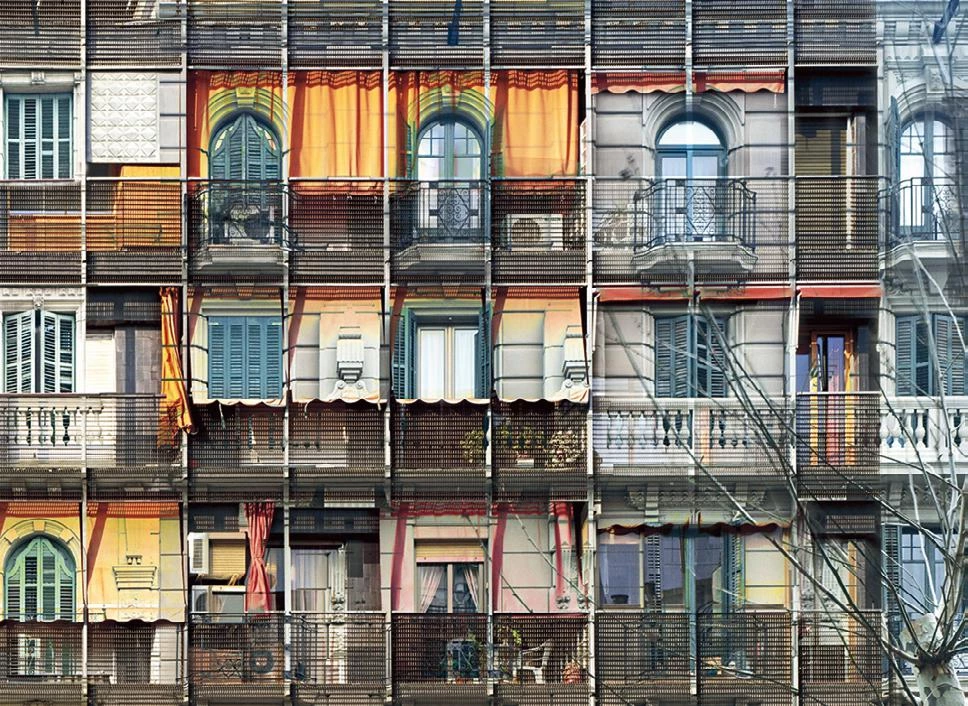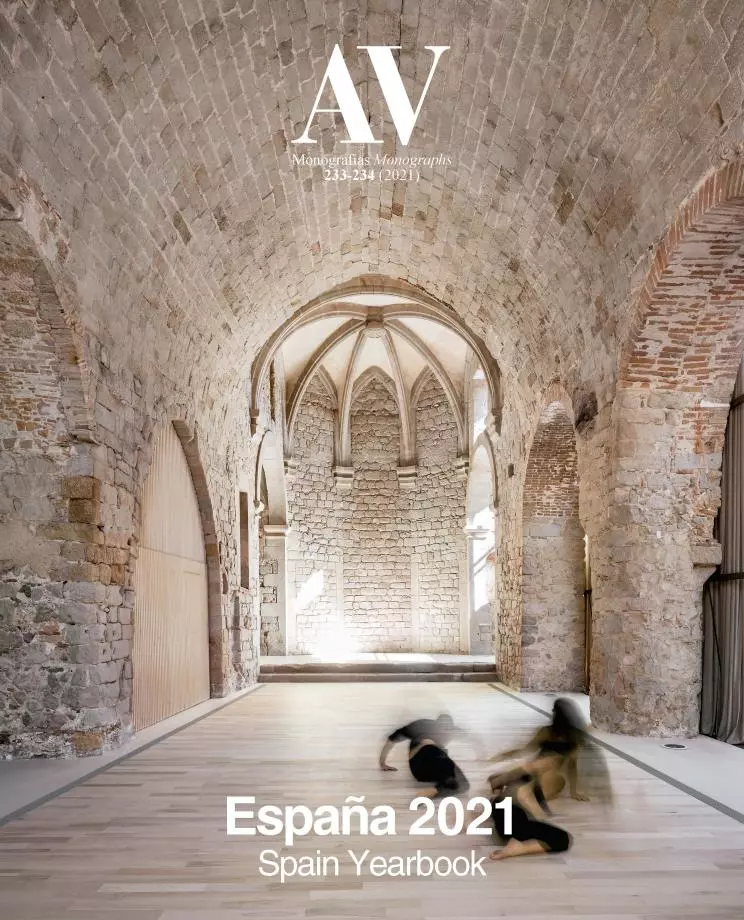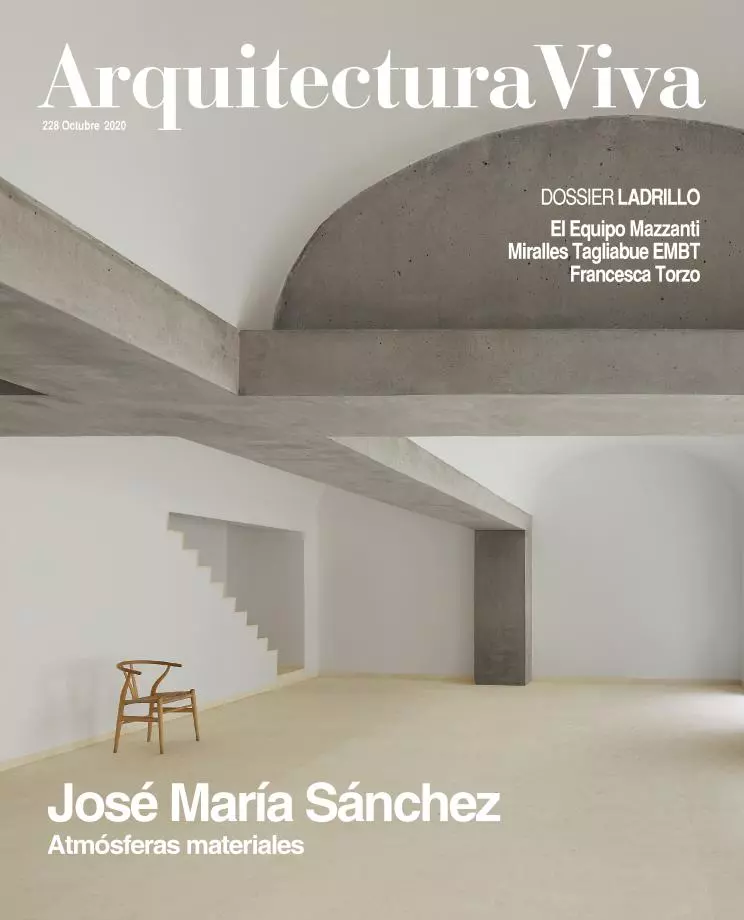
The creative destruction defended by Schumpeter deserves another name: corrosive destruction. The oxymoron popularized by the Austrian economist describes the gales of transformation powered by capitalism as forces of creativity that allow a hatching of the new over the ruins of the old, while – quoting Marx – “all that is solid melts into air.” The pandemic, like other catastrophes, has exacerbated the hurricane of change that had been beating at the economic structure for several decades, further corroding the social capital of trust and predictability that supports our communities, held together more by commitments and values than by laws and contracts. Richard Sennett explained how contemporary capitalism is corroding a character that is no longer shaped by the mold of regular work, and the material and moral devastation caused by the virus warrants considering it corrosive.
The health and economic tragedy coincides with a political and social drama, with sleepwalking elites and authoritarian leaders infantilizing citizenries through self-help mottos (‘everything will be alright,’ ‘we will come out of this stronger’), clearing the way for populisms openly disdainful of critical intelligence and individual freedom. In this demolishing of liberal democracies they are accompanied by a good number of radical thinkers who, like Bruno Latour, see the pandemic as a ‘wonderful opportunity’ to stop the aggressions on the planet that globalization has inflicted. But acknowledging the urgency of confronting climate change should not lead to celebration over a viral disaster that brings only pain and death, just as admitting the need to reduce inequalities must not trigger seeing Covid-19 as a chance to blow up an institutional fabric that has ensured peace and prosperity for a long time.
In Europe we are duly promised that helicopter money and the bazooka of central banks – with war metaphors seemingly drawn straight out of Apocalypse Now – will allow a recovery in V or W, but the ‘new pessimists’ augur something more like an evolution in L and the data prefigure an ending in K, with the rich richer and the poor poorer. We are also told that construction will be a key sector in this phase, with the energy revamp of the housing stock, but it is hard to say how families will finance this ecological transition of homes in a context of uncertainty, when people are more likely to save than to invest. The fatigue and anxiety caused by the virus’s second wave does not allow rejoicing over a renewed planetary awareness or the appearance of cracks in a very unfair economic system, and much less over the creative destruction of a crisis that in fact is only producing corrosive destruction.







